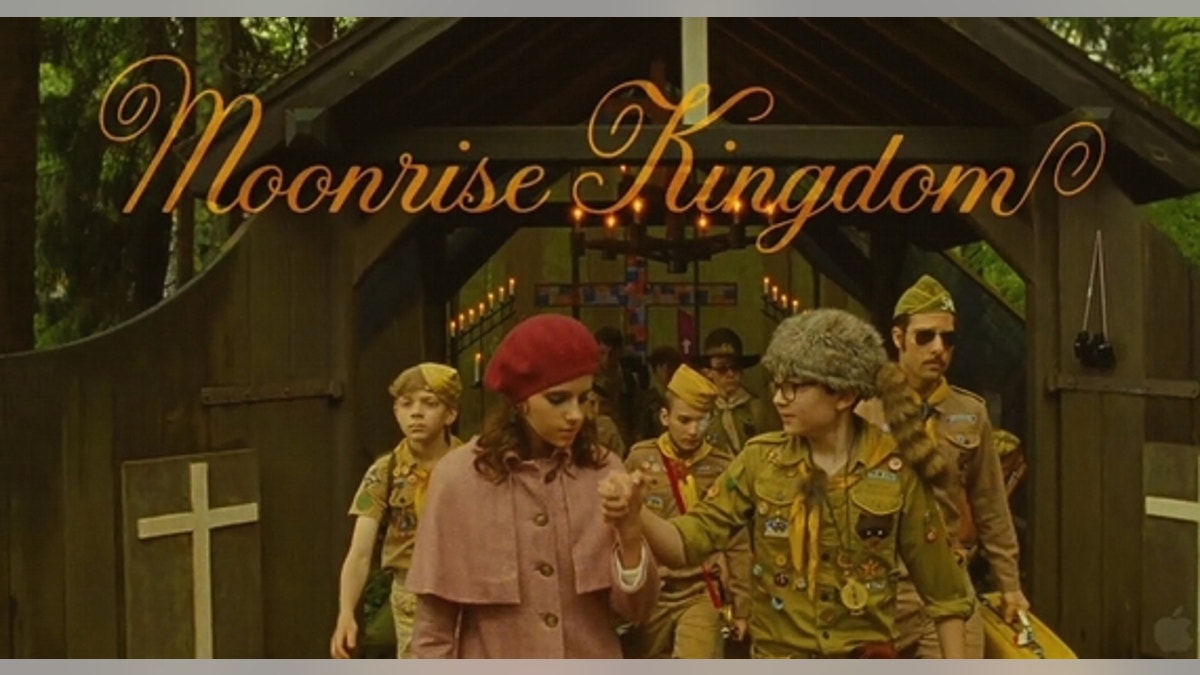
Wes Anderson’s refreshingly original “Moonrise Kingdom” is an unconventional children’s adventure for adults, filled with with striking colors, textures and humor, and teeming with childhood innocence.
Set during the summer of 1965 on an island off the coast of New England, “Moonrise Kingdom” tells the quirky tale of precocious young Khaki Scout Sam and forlorn Suzy who make a secret pact and run off together in the wilderness against the threat of an oncoming hurricane. This sets in motion an avalanche of frenzy on the island as the Scout troop, Suzy’s parents and the police chief search for the AWOL couple and battle the kids’ persistence to be in love.
Jared Gilman and Kara Hayward as Sam and Suzy give two breakout performances. Gilman and Hayward, carrying the weight of the film on their shoulders, handle Anderson’s offbeat style with grace and ease and are a delight to watch.
Bill Murray, Bruce Willis, Tilda Swinton, Edward Norton, Frances McDormand, Bob Balaban, Jason Schwartzman and Harvey Keitel fill out the film with fantastic performances. Murray delivers comedic gold, and Willis excels as the sad island police chief.
“Kingdom” is constructed around Benjamin Britten’s classical work, “The Young Person’s Guide to the Orchestra,” which opens the film. During the opening credits, as we are introduced to each character, we are also introduced to the different musical orchestrations of the Britten composition, and see how they all form to create a coherent piece. The film works in a similar fashion as we follow individual characters until they all converge and harmonize in a grand finale.
Like Anderson’s previous movies, every scene is extraordinarily detailed. Cinematographer Andrew Weisblum alternates quaint and picturesque shots that rival Normal Rockwell’s Saturday Evening Post paintings with striking, high-contrast images that would look at home on old issues of Life Magazine.
Anderson marries the quirky images to a diverse soundtrack featuring Hank Williams, Saint-Saens, Francois Hardy and Alexandre Desplat, who gets his own Britten-esque musical deconstruction narrated by Gilman over the closing credits.
Anderson’s signature style may not be for everyone, though. If you enjoyed “The Royal Tenenbaums” and “The Life Aquatic” then this will be a real treat. For those uninitiated with his work, “Moonrise Kingdom” is a highly entertaining introduction to a unique mind in American cinema.






